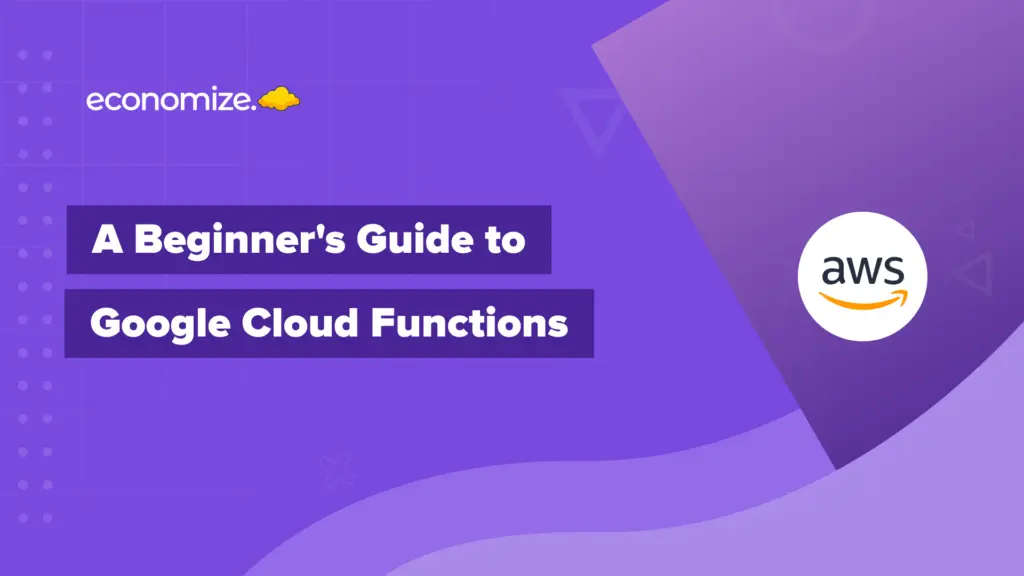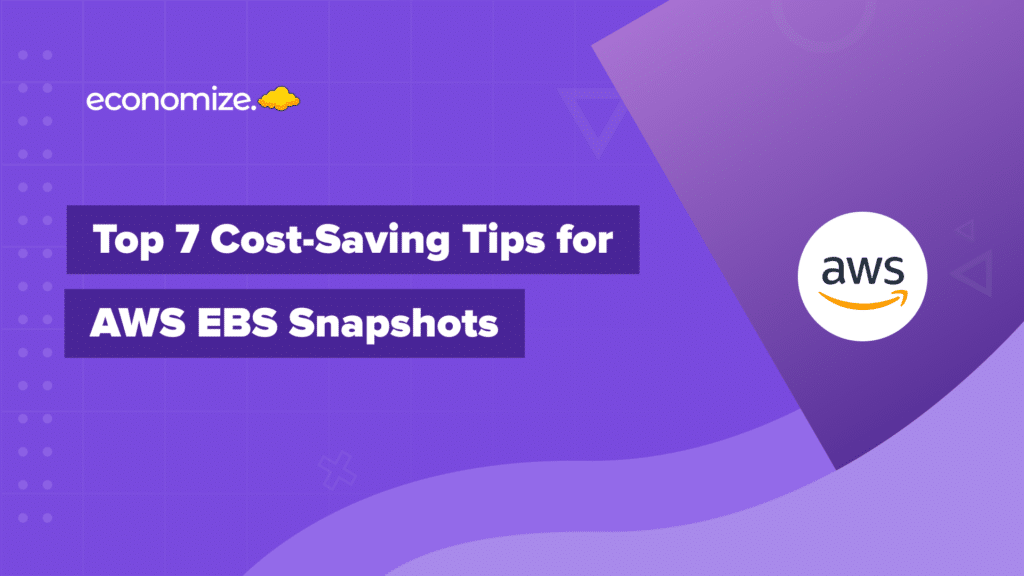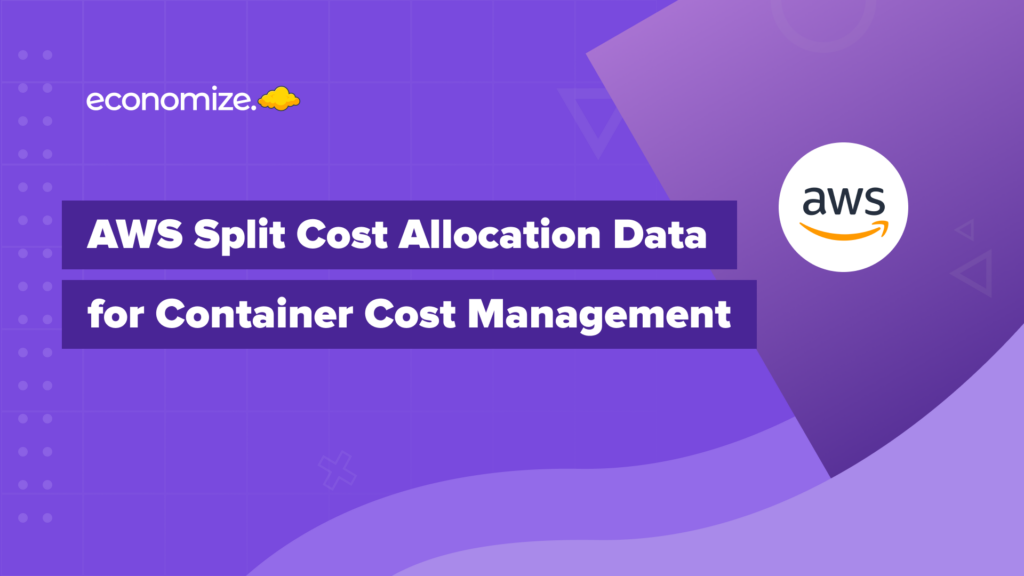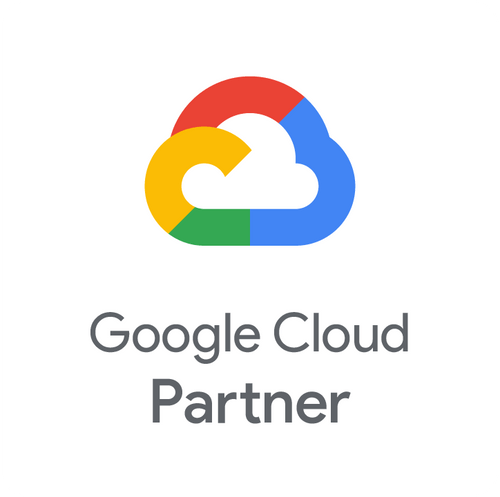Google Cloud has introduced their BigQuery Studio—a groundbreaking solution designed to be your one-stop-shop for data analytics and AI workflows. This centralized dashboard is an intelligent blend of Google Cloud’s trusted services like Dataproc, Dataflow, BigQuery, BigLake, and Vertex AI.
From data ingestion to preparation, analysis, and even machine learning, BigQuery Studio serves as your unified workspace, streamlining the entire data-to-AI process.
Surveys indicate that companies making substantial investments in data and analytics are outperforming their peers in profitability and numerous other business metrics. Yet, the journey from data to actionable insights is fraught with challenges—over 40% of organizations report struggling with fragmented analytics tools, inconsistent data sources, and subpar data quality.
The pressing need for a single, integrated analytics dashboard has never been more apparent, and BigQuery Studio adeptly fills this gap. In this article, we’ll delve deeper into the capabilities, features, and the transformative potential of BigQuery Studio.
What is BigQuery Studio?
BigQuery Studio stands as a holistic analytics platform, ingeniously engineered to mitigate the complexities commonly associated with disparate analytical tools and disconnected data ecosystems. It serves as a consolidated workspace, facilitating end-to-end analytics workflows, from data ingestion and transformation to sophisticated predictive analysis.
Designed with the modern data professional in mind, BigQuery Studio optimizes time-to-value for organizational investments in data and artificial intelligence.

Capabilities & Features
Let’s explore some of the essential functionalities that make BigQuery Studio a game-changer in analytics:
- Unified SQL and Notebook Interface: BigQuery Studio offers an integrated environment where users can seamlessly switch between SQL and Python notebook interfaces. This feature is backed by Colab Enterprise, currently in preview, which facilitates a variety of end-to-end tasks from data ingestion to pipeline creation and predictive analytics.
- Robust SQL Editor: The SQL editor is engineered for efficiency and accuracy, equipped with intelligent features such as auto code-completion, query validation, and real-time estimates of bytes processed, enabling you to write queries with precision.
- Embedded Python Notebooks: Utilizing the power of Colab Enterprise, these notebooks simplify Python development by offering one-click runtimes and native support for BigQuery DataFrames.
- Asset Management and Version Control: BigQuery Studio includes advanced asset management functionalities. Code assets like notebooks and saved queries come with version history, built atop the Dataform framework, for auditing and collaboration.
- Assistive Code Development: Leveraging Duet AI’s generative capabilities, assistive code development is embedded within both the SQL editor and Python notebooks, providing real-time suggestions and code improvements.
- Comprehensive Data Discovery with Dataplex: Enhanced data discovery features, along with data profiling and quality scans, are integrated into the platform, aiding you in making informed data decisions.
- Per-User and Per-Project Job History: BigQuery Studio offers detailed job history on both a per-user and per-project basis, providing granular insights into query performance and resource utilization.
- Cross-Platform Analysis: The platform allows you to connect saved query results with other analytical tools like Looker and Google Sheets. Additionally, you can export these results for utilization in various other applications, adding another layer of versatility to your data analytics toolkit.
What is BigLake?
BigLake is more than just a storage engine; it’s a sophisticated solution designed to revolutionize how businesses interact with data. By offering a unified interface, BigLake allows analytics and AI engines to efficiently query data that is diverse in format, stored across multiple clouds, and employed in various modes. Essentially, BigLake facilitates the construction of an AI lakehouse—a consolidated repository designed to minimize both the management overhead and the need for custom data infrastructure.
Centralized Analytics Dashboard
The real beauty of BigQuery Studio lies in its centralized analytics dashboard, a feature that harmonizes the efforts of data scientists, data engineers, and analysts. Traditionally, multiple platforms and tools were required to perform end-to-end analytics tasks, making it hard to consolidate and visualize data.
However, BigQuery Studio elevates this experience by providing a ‘single pane of glass’ for interacting with structured, semi-structured, and unstructured data across multiple cloud environments like Google Cloud, AWS, and Azure.
- For instance, users can leverage Python in a familiar Colab notebook setting for high-scale data analysis and exploration without ever leaving BigQuery. The environment even extends functionalities like dataset and schema browsing, autocompletion for datasets and columns, and direct querying and transformation of data. And for those looking to augment their machine learning workflows, the same Colab Enterprise notebook is readily accessible in Vertex AI for tasks like model training and MLOps.
Better Productivity & Collaboration with Duet AI
BigQuery Studio takes the initiative by extending software development best practices to the world of analytics. Features such as Continuous Integration/Continuous Deployment (CI/CD), version history, and source control are now applied to analytics assets. These include SQL scripts, Python scripts, notebooks, and SQL pipelines. To sweeten the deal, users can securely sync with their favorite external code repositories to ensure their codebases are always up to date.

The role of Duet AI in this scenario is pivotal. Duet AI functions as an AI-driven collaborator, capable of understanding both the user and their data context.
- The smart assistant offers real-time, personalized guidance by auto-suggesting functions and code blocks for SQL and Python.
- Data practitioners can now use natural language through a new chat interface to seek answers to their specific queries.
- This reduces the time spent on trial-and-error and rummaging through documentation, streamlining operations to an impressive extent.
Security & Governance Features
BigQuery Studio is designed to build trust right from the data source, guiding users through data understanding, issue identification, and problem-solving. Data practitioners benefit from a host of functionalities aimed at elevating data quality:
- Data Lineage: Track the origin and transformations of your data to understand its evolution.
- Data Profiling: Assess data to ensure its quality and integrity.
- Quality Constraints: Enforce data quality constraints for more reliable analytics.
Looking forward, BigQuery Studio is set to introduce personalized metadata insights, offering dataset summaries and analysis recommendations to deepen your data understanding and use.

Vertex AI Integration
Vertex AI and BigQuery Studio together create an ecosystem where data security and analytics meet machine learning capabilities. This integration allows data analysts to tap into Vertex AI’s foundational models using simple SQL queries for tasks like sentiment analysis or entity detection—right within BigQuery.
Key Benefits:
- Comprehensive data security features including data lineage, profiling, and quality constraints.
- Upcoming personalized metadata insights for improved data understanding.
- Integration with Vertex AI allows advanced analysis without exporting data.
- Unified credential management for easier and secure access control.
BigQuery Studio Use Cases & Examples
The transformative power of BigQuery Studio is not just theoretical; it’s proven in real-world applications across industries. Here are some noteworthy endorsements that showcase how BigQuery Studio is becoming an invaluable asset for businesses looking to level up their data analytics capabilities.
Hurb – Streamlined Experience
Vinícius dos Santos Mello, Staff Data Engineer at Hurb, praises BigQuery Studio for its ability to integrate a range of tools into one unified platform. This has drastically reduced friction and increased team efficiency.
“This fusion not only diminishes friction but also significantly amplifies our team’s efficiency, a testament to the power of BigQuery.“
Aritzia – Robust Data Protection & Centralization
The Senior Director of Analytics Engineering at Aritzia highlights BigQuery Studio’s robust data protection features. The additional support for Pandas DataFrames has made the platform even more efficient.
“The added support for Pandas DataFrames will further streamline our processes, saving valuable time for our team to collaborate and stay ahead of the curve.“
L’Oréal – Empowered by Duet AI
Antoine Castex, Data Platform Architect at L’Oréal, shares how Duet AI within BigQuery has accelerated their data transformation journey. The AI support has made data exploration and understanding effortless.
“With Duet AI, we can quickly query our data to get the insights we need to make better decisions for our business.“
Shopify – Customization & Scale
Zac Roberts, Data Engineering Manager at Shopify, appreciated BigQuery Studio’s flexibility in connecting different tools for various users, without sacrificing the scale they expect from BigQuery.
“We see this as an opportunity to reduce friction across our team without sacrificing scale we expect from BigQuery.“
How to Enable BigQuery Sandbox?
BigQuery Sandbox provides a free access point to explore BigQuery capabilities without a Google Cloud subscription. To enable it, simply sign in to your Google Cloud Console and navigate to BigQuery, where you can opt for the Sandbox mode. For more details, check out our comprehensive guide on how to enable BigQuery Sandbox.
How to Integrate Salesforce with BigQuery?
Integrating Salesforce with BigQuery allows you to funnel your CRM data into Google’s powerful analytics engine. This usually involves setting up a data transfer service or using third-party connectors. Dive deeper into the process by checking out our detailed guide to integrate Salesforce with BigQuery.
How to Integrate Data Studio with BigQuery?
Data Studio can be easily connected with BigQuery for data visualization. You’ll need to authorize Data Studio to access BigQuery, then select the relevant datasets. For a step-by-step guide, check out our guide on how to integrate Data Studio with BigQuery
How to Integrate Looker with BigQuery?
Looker can be set up to connect to BigQuery through a native integration, offering a rich interface for data analytics. Just configure the BigQuery data source within the Looker admin settings. Interested in the specifics? You can check out our detailed guide to integrate Looker with BigQuery.
How to Integrate Tableau with BigQuery?
Tableau offers a direct connector for BigQuery, enabling interactive, real-time analytics. After installing Tableau, choose the Google BigQuery connector and log in to start analyzing your data. For further guidance, check out our guide on how to integrate Tableau with BigQuery.
What is the difference between Data Studio and BigQuery Studio?
Data Studio is chiefly a visualization tool that lets you create interactive, shareable dashboards and reports. On the other hand, BigQuery Studio is an end-to-end data analytics platform designed for a comprehensive analytics experience.
Data Studio
- It offers numerous data connectors to different sources like Google Analytics, MySQL, and yes, even BigQuery.
- The primary focus is on turning analytical data into informative, easy-to-read, easy-to-share, and fully customizable dashboards and reports.
BigQuery Studio
- It provides functionalities far beyond visualization, including data ingestion, pipeline creation, SQL and Python coding, and machine learning.
- It is more suited for data engineers, data analysts, and data scientists who are looking for an all-in-one workspace to perform their tasks from start to finish.
Conclusion
In the fast-paced world of data analytics, the need for tools that can adapt and scale to meet diverse requirements is more critical than ever. Google Cloud’s BigQuery Studio has made significant strides in answering this need, offering a unified, secure, and intelligent solution for data and AI workflows. From its robust SQL editor to seamless Vertex AI integration, BigQuery Studio is designed to facilitate an end-to-end analytics experience for data engineers, data analysts, and data scientists alike. For a comprehensive understanding of BigQuery charges in the cloud, check out our BigQuery Pricing Calculator.
As you venture deeper into the analytics universe with BigQuery Studio, don’t overlook your cloud costs. Economize can help you seamlessly manage and optimize your cloud expenses. Get started with a free demo and cut upto 25% costs within 5 minutes.








